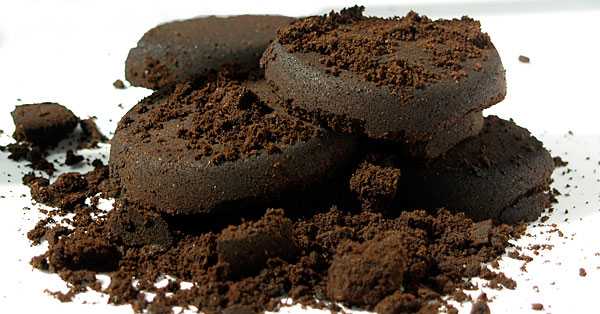ABU DHABI, United Arab Emirates – The United Arab Emirates University researchers have succeeded in producing biofuels by recycling coffee waste, which is the second-largest commodity consumed after petroleum and one of the most popular drinks. Dr. Eyas Mahmoud from the College of Engineering of the United Arab Emirates University and one of the researchers said, “More than two billion cups of coffee are consumed around the world, and the basic material for making coffee is disposed of in a landfill, which is estimated to be six million tons annually, causing environmental damage.”
He added, “Through this research, we were able to recycle this waste and convert it into fuel and value-added products through Bio-refineries to participate in solving the problem of many countries in the high costs of disposing of coffee waste.”
Throwing this waste directly into landfills is very harmful, especially if it has not been disposed of or recycled properly, as it is toxic and may cause serious environmental problems.
Moreover, direct disposal of waste without assessing the possibility of recycling may result in an enormous financial cost for taxpayers managing and maintaining landfills.
Dr. Eyas explained, “Through this research, we discussed various opportunities for using coffee waste in the production of biofuels such as biodiesel, biogas, bioethanol, bio-oil, and pellet fuel, as well as added-value products, such as bioactive compounds such as polymers, nanoparticles and compost.”
A group of researchers are participating in this research, Dr. Abdulaziz Atabani, Dr. Alaa Al Mohtaseb, Dr. Gopalakrishnan Kumar, Dr. Ganesh Dattatraya Saratale, Dr. Mohammad Aslam, Dr. Hassanin Abbas Khan, Dr. Zafar Saeed, and Dr. Eyas Mahmoud. It has taken two years to complete it.














